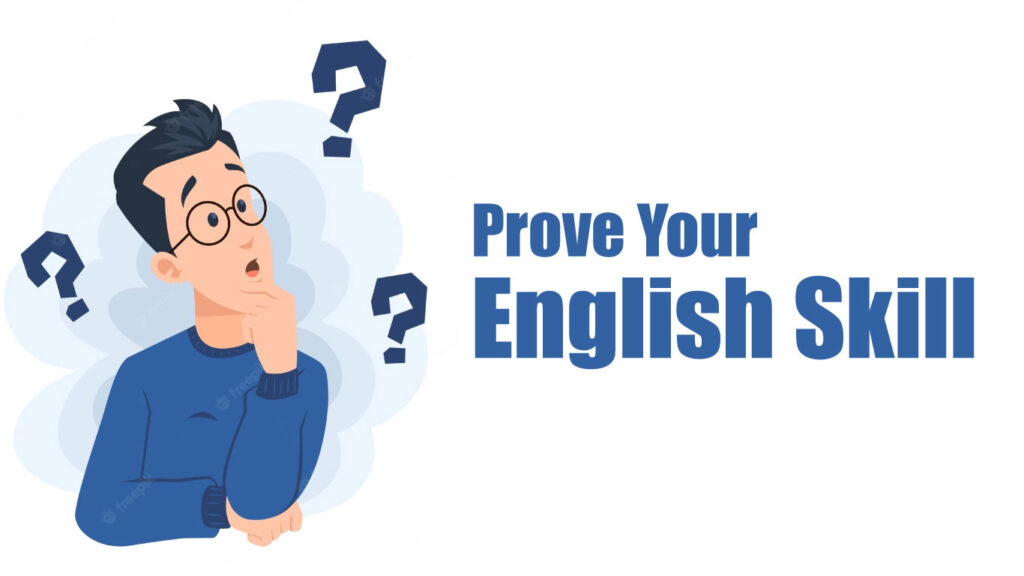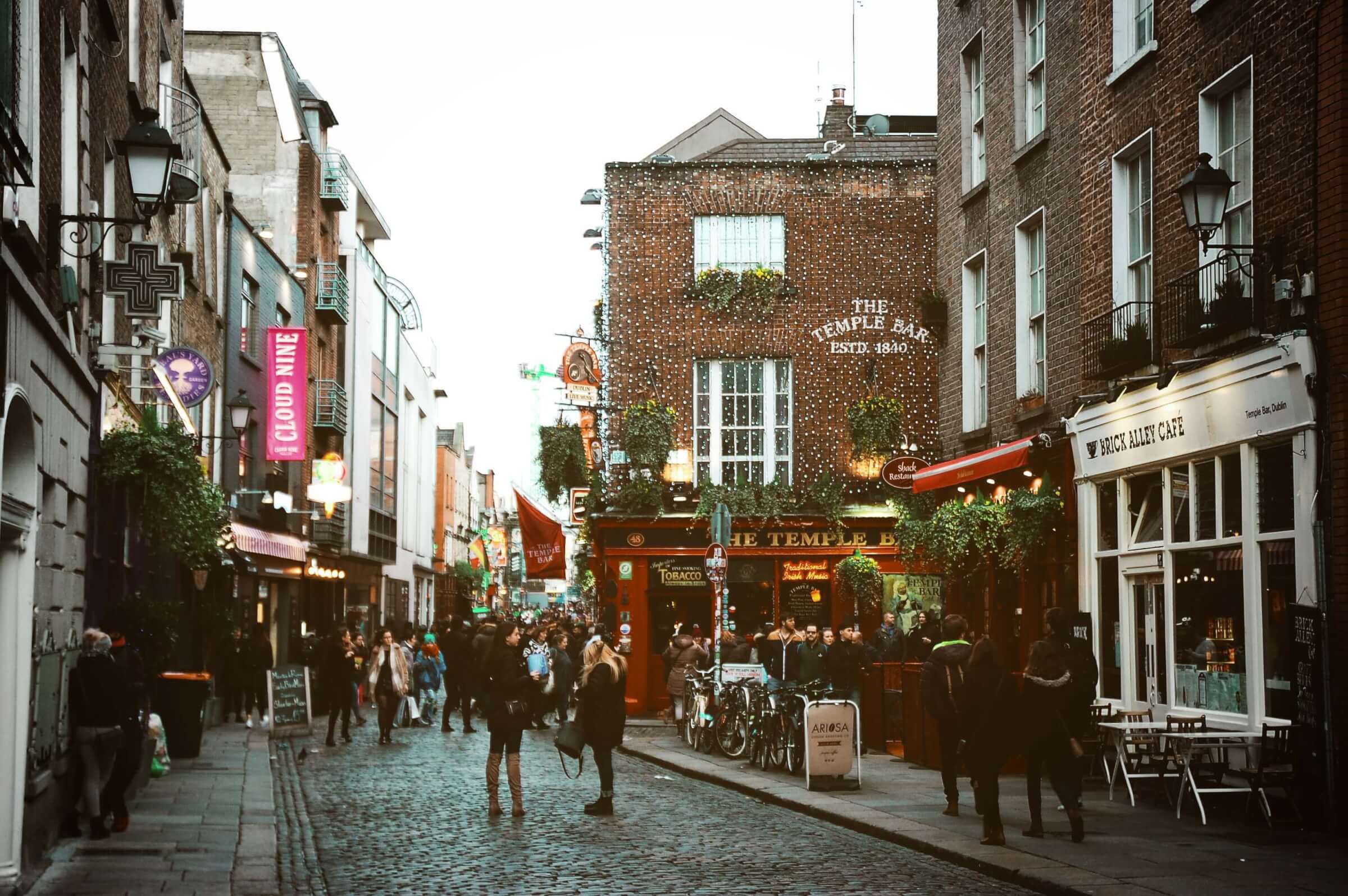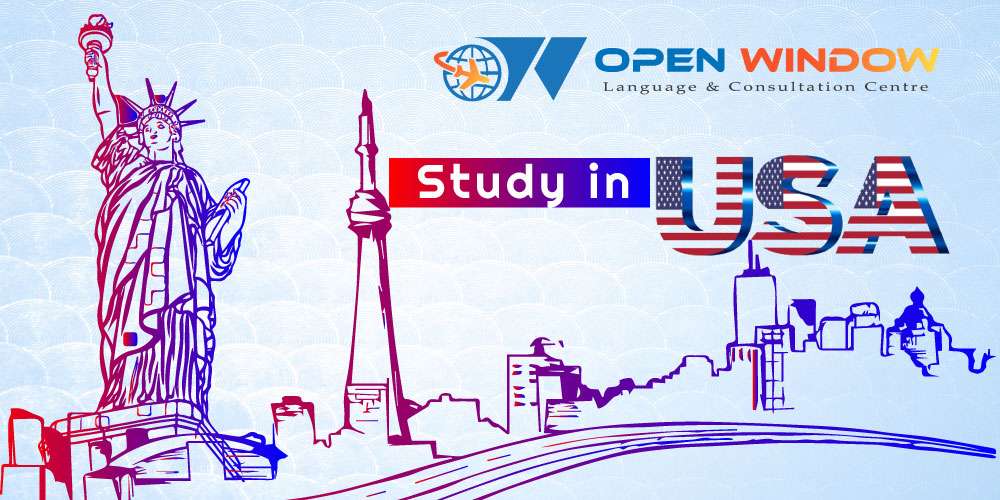Study in Ireland
Ireland is a beautiful country known for its vibrant culture, stunning landscapes, and friendly people. It also offers a high-quality education system, making it an attractive destination for international students who wish to study abroad. In this context, “Introduction to study in Ireland” refers to an overview of the education system, universities, and study opportunities available in Ireland.
Ireland’s education system is internationally recognized for its high standards and innovative teaching methods. The country is home to several prestigious universities, such as Trinity College Dublin, University College Dublin, and the National University of Ireland. These institutions offer a wide range of undergraduate and graduate programs across various fields, including business, engineering, humanities, and sciences. Additionally, studying in Ireland provides an opportunity to experience the country’s rich history, arts, and culture, as well as to make new friends from diverse backgrounds.
Why Study in Ireland?

A friendly, safe country
And it is not just us saying it! Ireland was voted by Lonely Planet as the world’s friendliest country in 2008 and 2010 and was ranked 12th in the 2013 Global Peace Index. Our hospitable nature coupled with an unrivalled sense of fun ensures living in Ireland is an unforgettable experience.
English-speaking country
Ireland, an English-speaking country, has close cultural, economic and educational links with the English-speaking world, especially with the UK – our next door neighbour – and with the USA.
Internationally recognised qualifications and extensive choice
Irish qualifications are recognised for excellence worldwide. Students can choose from an extensive range of programmes to meet their needs in highly respected business schools, centres of scientific and technology excellence as well as renowned language, humanities and arts faculties.
Supportive learning environments
Dedicated international offices work closely with academic, administrative and specialist staff to fully support students throughout their time in Ireland. Through these support structures, students receive direct access to information, facilities, services and staff.
Innovative and creative culture
Ireland is a land rich in cultural heritage with a history of world-leading innovation. From the flamboyance of Oscar Wilde to mould-breaking James Joyce, from the pioneering quantum physics of John Bell to Nobel Laureate Ernest Walton, Ireland’s unique innovative and creative culture is an integral part of the Irish experience. Europe’s most enterpreneurial country is Ireland!
Distinguished graduates
Ireland’s graduates are innovators in their fields, leaders in their communities and ambassadors for excellence all around the world. Qualifications earned and connections made in Ireland deliver a passport to success.
Leading global companies in Ireland
Companies who require a skilled, educated and highly capable workforce to drive their success choose to locate in Ireland. Ireland has welcomed Google, Facebook, Pfizer, Apple, Intel to name just a few – all of whom chose Ireland as their European base.
How to Apply in Ireland
If you’ve decided to study a Master’s degree at a university in Ireland, you will have to gather the right documents to prove that you fit the university requirements. Provide complete personal information, previous qualifications, financial information, and a personal statement.
What documents do I need to provide to apply in Ireland?
The documents you need to present to apply for an Irish university are straightforward. That’s why you can’t be surprised you’ll need:
- An English proficiency certificate;
- Your past diplomas and certificates;
- Identity proof.
Of course, based on the programme you wish to apply to, you will need additional documents, like:
- Personal essays or writing samples;
- Recommendation letters;
- Your high school grades.
Prove your English skills

The Republic of Ireland is lenient with their students, so, if you are already a native English speaker or you have studied before in English, then you won’t need to provide an English certificate.
If you didn’t study in English or you are not a native speaker, then you should prepare:
- TOEF;
- IELTS;
- C1 Advanced or Proficiency.
Additional test scores
Obviously, if the Master’s programme asks you for other test scores, you should provide them. This will depend on what degree you want to study, and at which university, so be sure to check out if you don’t need BMAT or LNAT.
Application deadlines for Ireland
The Republic of Ireland is probably the country with the longest application period ever! For 9 months, students can apply for their degree, but there’s a small catch: even if the application period starts in October and ends in March, whatever places weren’t confirmed by other students until the 1st of May are considered vacant. So, the application process starts again from May until the 1st of July. Basically, whenever you want to apply to a university in Ireland, it’s fine.
Living in Ireland

Let’s take a closer look at the average tuition and living expenses in Ireland:
Tuition fees in Ireland
At Irish universities, tuition fees depend on your nationality, degree type, and the academic discipline.
EU/EEA students
- no tuition (free) for Bachelor’s degrees
- 3,000–30,000 EUR/year for Master’s degrees
Non-EU/EEA students
- 9,850–55,000 EUR/year for Bachelor’s degrees
- 9,950–35,000 EUR/year for Master’s degrees
The highest tuition fees are at private universities; these institutions might not make any difference between EU/EEA and non-EU/EEA citizens.
You can also check out scholarships for international students in Ireland.
Living costs in Ireland
Depending on your budget and spending habits, you should be able to live in Ireland with 550–1,000 EUR per month in most towns. Larger cities, like Dublin, cat take your budget to 1,500–1,800 EUR per month.
Here’s a breakdown of the average living expenses:
- Accommodation (students halls vs private renting): 200–300 vs 400–900 EUR/month
- Utilities: 90–120 EUR/month
- Food or groceries: 250–350 EUR/month
- Monthly transport pass: 120 EUR
- Books and study materials: 75 EUR/month
- Social activities: 60–100 EUR/month
Work While Study in Ireland

International students in Ireland are allowed to work part-time while studying. They can work up to 20 hours per week during term time and up to 40 hours per week during holidays. This can be a great opportunity for students to earn some extra money and gain valuable work experience.
Students can work in a variety of industries, including hospitality, retail, and customer service. Many universities and colleges also offer part-time work opportunities on campus, such as working in the library or as a student ambassador.
However, it is important for students to balance their work and studies to ensure they are still able to excel academically. Time management and prioritization are key skills for students to develop when working while studying.
Additionally, international students will need to obtain a work permit before starting any job in Ireland. This can be done through the Department of Justice and Equality. Students will also need to obtain a Personal Public Service (PPS) number, which is required for tax purposes.
Overall, working while studying in Ireland can be a great way to gain valuable experience and earn some extra money, as long as students are able to balance their workload effectively.
Ireland at a Glance
| Course Duration | Intake | Application Fee | Requirements |
| 3/4 Years (Bachelors) 1 Year (Masters) | September | 30 to 90 (EUR) | IELTS, TOEFL, PTE, Academic-Above 55 to 60 % |
| Language Proficiency | Tution Fee (Yearly) | Living Cost (Yearly) | Visa Application |
| IELTS-6+, TOEFL-80+ PTE-55+, Det-100+ | 9000 to 40000 (EUR) | 7000 to 12000 (EUR) | 80 (EUR) |
| Air Ticket | Processing Time | Part Time Work | Post Study Work Permit |
| 90000 to 150000 (BDT) | 3-6 Months | 20 Hrs | 24 Months |
Our Affiliated University List
| Sr No | University Name | City |
| 1 | Trinity College Dublin, | Dublin |
| 2 | University College Dublin, | Dublin |
| 3 | The National University of Ireland Galway, | Galway |
| 4 | University College Cork, | Cork |
| 5 | Dublin City University, | Dublin |
| 6 | University of Limerick , | Limerick |
| 7 | Maynooth University, | Maynoot |
| 8 | Technological University | Dublin |
| 9 | Atlantic Technological University, | Galway and Letterkenny Campus |
| 10 | South East Technological University | Waterford and Carlow Campus |
| 11 | Dundalk Institute of Technology, | Dundalk |
| 12 | Technological University of the Shannon: Midlands Midwest, | Shannon |
| 13 | National College of Ireland, | Dublin |
| 14 | Dublin Business School, | Dublin |
| 15 | Griffith College, | Dublin, Cork and Limerick |
| 16 | Shannon College of Hotel Management, A college of NUI Galway, | Galway |
| 17 | CCT College Dublin, | Dublin |



